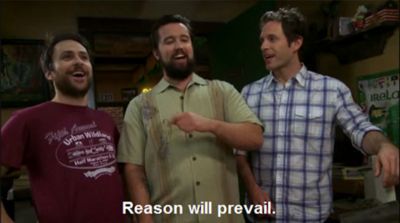Adult-use cannabis regimes throughout the country vary in the amount of local control they confer. In New York, power will largely reside in Albany. Under the Marijuana Regulation and Taxation Act (the "MRTA"), the Governor, the Assembly, and the Senate will appoint the Cannabis Control Board (the "CCB") which (in coordination with the Office of Cannabis Management) will issue regulations, award licenses, and exercise oversight over the state's cannabis program.
However, the MRTA left some of the authority to the municipalities. Between now and December 31, 2021, cities, towns, and villages can elect to "opt-out" of the MRTA. This means they can prohibit the establishment of retail dispensaries and on-site consumption lounges within their borders. Municipalities that fail to "opt-out" by December 31, 2021, will seal their participation in the MRTA's licensing scheme indefinitely.
While it is still too early to say for sure which way the local political winds are blowing, many towns in Westchester and Long Island have already declared their sworn opposition to the "Devil's Lettuce" – banning both dispensaries and consumption lounges from their communities. Others are taking a "wait and see approach". Elsewhere, the voters themselves will decide through a permissive referendum; either because town supervisors are eager to avoid political backlash, or because aggrieved constituents have called a vote to overrule their elected officials.
The choices made by these towns over the next six months will reverberate for years to come. The MRTA allots 3% of all the revenue generated by dispensaries and consumption lounges to the municipalities they inhabit, so towns and villages that opt out will forfeit a reliable source of tax revenue. But that's not all – counties will collect an additional 1% levy from all retail facilities within their confines and then re-distribute it to participating municipalities in proportion to their total share of the adult-use program. Because even a modestly successful cannabis dispensary can realize millions of dollars annually, the adult-program offers local governments a potentially prolific source of local tax revenue.
The MRTA does permit municipalities that opt-out now to opt back in later, and this has led some towns to withdraw now with the expectation of re-entering at a later date. But opting in later on may not entitle a municipality to the financial benefits available today, including because (i) the CCB may not license any more cannabis businesses after it concludes its inaugural round in 2022, and (ii) licensed cannabis businesses that have ensconced themselves in hospitable communities are unlikely to re-locate.
Accordingly, towns and villages should consider the very real possibility that, by opting out, they are forever depriving themselves of a cannabis tax dividend that could help pay for parks, schools and local infrastructure. They're also making life harder for their cannabis consuming citizens and providing an unintended boon to the illicit market.
Given the stakes for both towns and their citizens, we can only hope that . . .

. . . and towns opt in to the MRTA.
The content of this article is intended to provide a general guide to the subject matter. Specialist advice should be sought about your specific circumstances.

